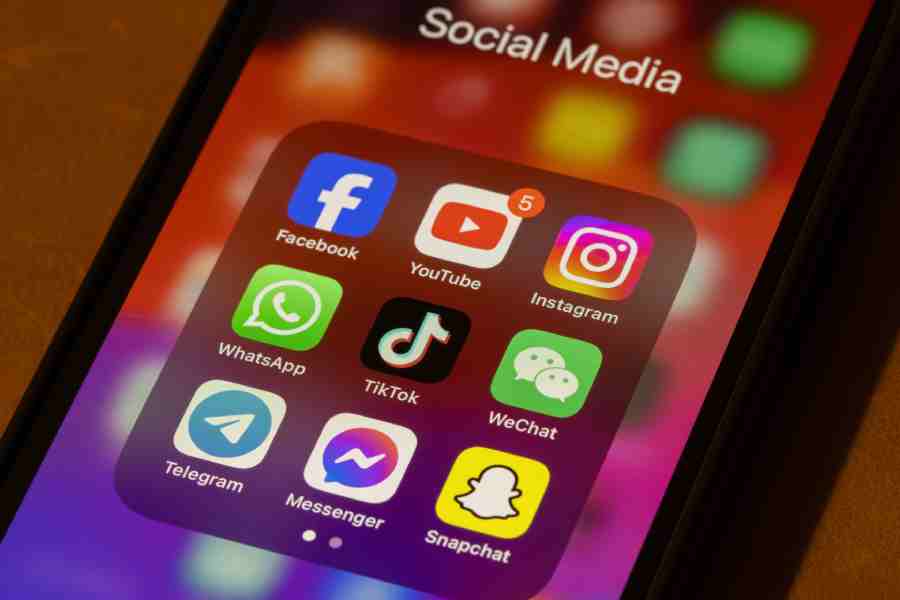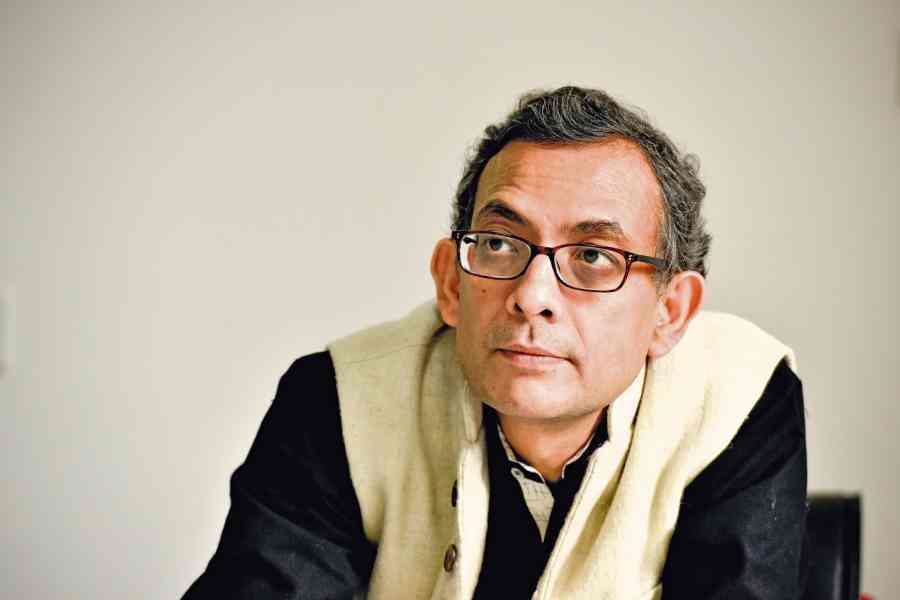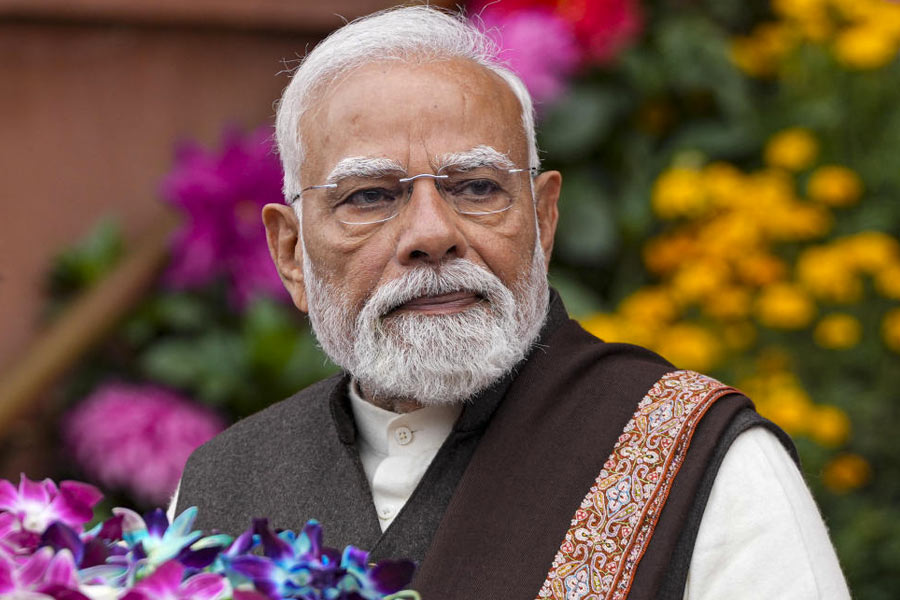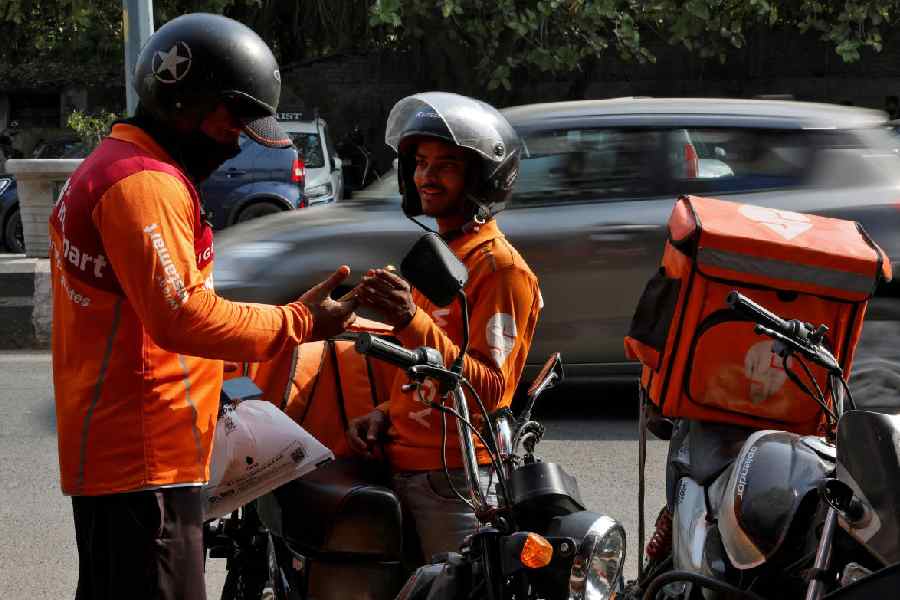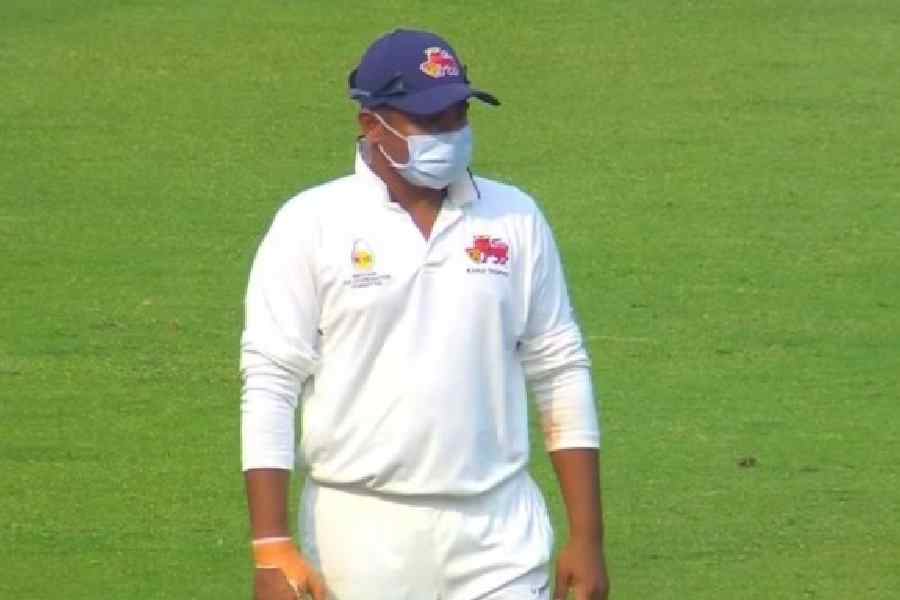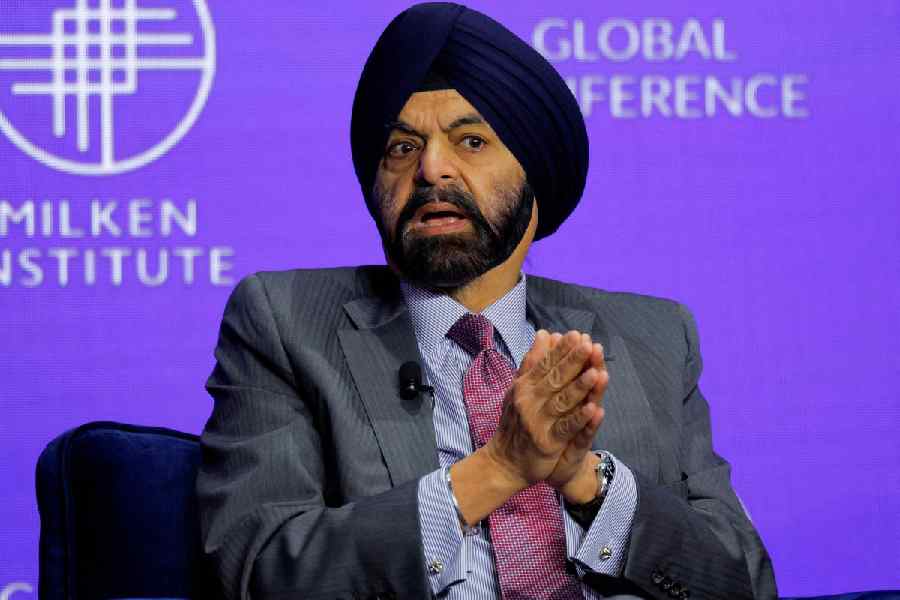For today’s teenagers, a massive follower count is more than a number — it’s a status symbol, a source of self-worth, and a digital badge of honour.
But principals and psychiatrists are sounding the alarm: behind the selfies and likes lie risky friendships, blurred boundaries, and a growing disconnect from the real world.
While social media can be a powerful tool for connection and communication, its misuse carries real dangers for young users who may not fully understand the consequences.
Instant validation
During a summer vacation school trip to Melbourne, a Class IX student told his teacher that he had many friends in Australia. When the teacher asked him to contact one of these “Australian friends”, it turned out that they were merely online acquaintances — people he had added on social media without knowing them.
“Having more social media followers gives them a sense of validation and makes them feel accepted by their peers,” said Satabdi Bhattacharjee, principal, The Newtown School.
The term “followers” gives them a sense of leadership and validates their ability to impress others, explained psychiatrist Jai Ranjan Ram.
“It involves a primal need for validation. The more people who follow, like, and support you, the better you feel about yourself. This is a normal human reaction,” he said.
There is a hankering for more online traction and a tendency to make friends indiscriminately,” said Gargi Banerjee, Principal of Sri Sri Academy.
“These students seek to increase their number of followers without fully understanding the consequences of befriending strangers,” she said.
Parents’ influence
The need for social validation begins at a young age and is often picked up from the adults around them, said teachers.
Even when people go for a walk with a seven-year-old, parents often carry their phones, take selfies, and perhaps post them online.
“Sometimes, a child of seven also keeps track of how many likes or views their mother receives,” said a teacher.
Psychiatrist Ram said: “If you are busy leading your social media life, you may not have actual time to invest in the real people around you.”
Seema Sapru, principal of The Heritage School, said that sometimes there is a competition between the daughter and the mother over who has more followers.
Benefits & risks
“But social media can also be used positively, to foster healthy discussions online,” Sapru said.
Social media can help shy individuals and those with low self-esteem build a network of friends.
“Some children who are socially awkward and have low self-esteem, and who find face-to-face conversations difficult, gain recognition on social media,” said psychiatrist Sanjay Garg.
“But there are instances of fake accounts and predators who morph pictures. We know of cases where young people develop emotional connections online and struggle to cope when they are abandoned,” he said.
Garg cautioned about the risks of disclosing too much personal information.
For those who are more discreet, it is possible to form a network of friends and people to communicate with, he said.

